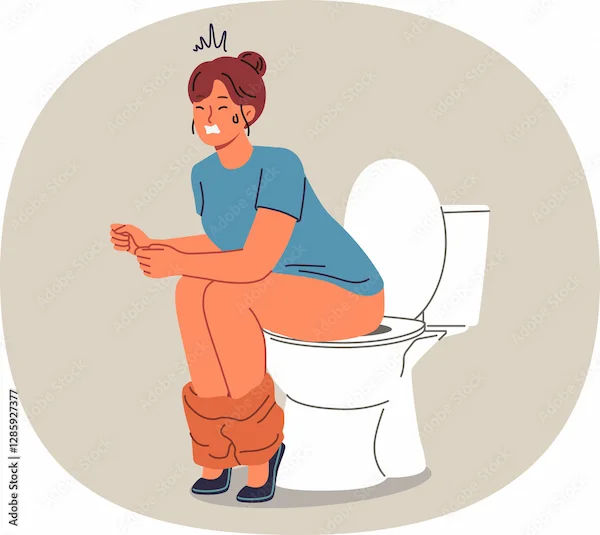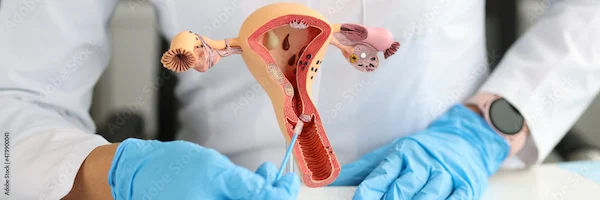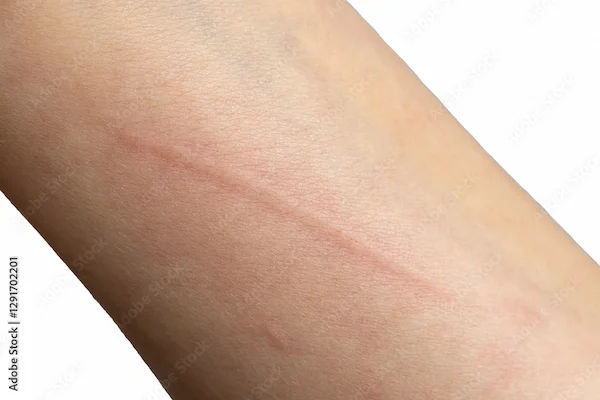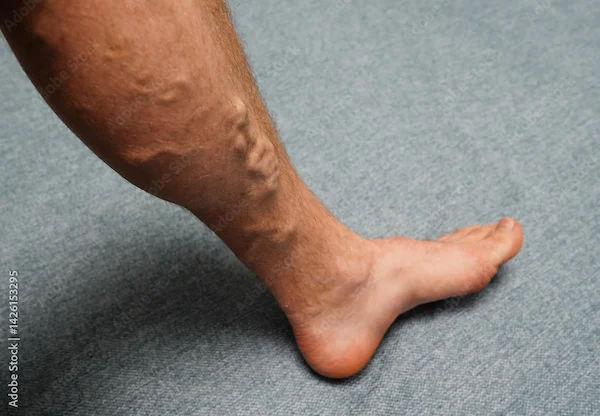Getting Wet After A Hysterectomy
Wondering about getting wet after a hysterectomy? Understand when it's safe for sexual activity, factors affecting vaginal lubrication, and tips for intimacy and comfort during your recovery period. Learn what to expect.

Written by Dr.Sonia Bhatt
Last updated on 20th Jul, 2025

Introduction
If you’ve recently had a hysterectomy (surgery to remove the uterus), you may have concerns about how it affects your body, especially when it comes to vaginal lubrication—commonly referred to as "getting wet." This is a completely normal worry, and many women experience changes in vaginal moisture after the procedure.
In this article, we’ll discuss why this happens, what you can expect, and how to manage it effectively.
Why Does Vaginal Dryness Happen After a Hysterectomy?
A hysterectomy can impact vaginal lubrication due to several reasons:
Hormonal Changes – If your ovaries were removed (oophorectomy) along with the uterus, your body may experience a sudden drop in estrogen levels. Estrogen helps maintain vaginal moisture, so lower levels can lead to dryness.
Nerve or Blood Flow Changes – The surgery can sometimes affect blood flow or nerve sensitivity in the pelvic area, which may influence natural lubrication.
Psychological Factors – Stress, anxiety, or emotional recovery after surgery can also play a role in sexual response, including lubrication.
Common Symptoms of Vaginal Dryness
You might notice:
Discomfort or pain during intercourse
Itching or irritation in the vaginal area
A feeling of tightness or dryness
Increased risk of urinary infections
How to Manage Vaginal Dryness After Hysterectomy?
The good news is that there are several ways to improve vaginal moisture and comfort:
1. Vaginal Moisturizers & Lubricants
Water based lubricants (like KY Jelly or Astroglide) can help during sexual activity.
Vaginal moisturizers (such as Replens) provide longer-lasting hydration.
2. Hormone Therapy (If Needed)
If dryness is severe due to low estrogen, your doctor may recommend:
Topical estrogen creams (applied directly to the vagina)
Vaginal estrogen rings or tablets
Always consult your doctor before starting any hormone therapy.
3. Stay Hydrated & Eat a Balanced Diet
Drink plenty of water to support overall moisture.
Foods rich in omega-3 fatty acids (like flaxseeds, salmon) and vitamin E (almonds, spinach) can help maintain healthy vaginal tissues.
4. Pelvic Floor Exercises (Kegels)
Strengthening pelvic muscles can improve blood flow and sensitivity.
5. Communicate with Your Partner
If dryness affects intimacy, talk openly with your partner. Taking things slow and using extra lubrication can help.
6. Avoid Irritants
Skip scented soaps, douches, or harsh detergents that can worsen dryness.
Consult Top Gynaecologists
When to See a Doctor?
If dryness persists or causes significant discomfort, consult your gynecologist. They can check for other possible causes and suggest the best treatment.
Final Thoughts
Vaginal dryness after a hysterectomy is common but manageable. With the right care—whether through lubricants, lifestyle changes, or medical treatments—you can maintain comfort and intimacy.
If you're experiencing persistent dryness or discomfort, don’t hesitate to reach out to a healthcare provider. You can book a consultation with an expert gynecologist on Apollo 24|7 for personalized advice and support.
Consult Top Gynaecologists
Consult Top Gynaecologists

Dr. Mona Yadav
Obstetrician and Gynaecologist
19 Years • MBBS, MD (Obstetrics & Gynaecology)
Dombivli
Nulife multispeciality, Dombivli

Dr. Asha Rani Singh
Obstetrician and Gynaecologist
24 Years • MBBS DGO
Delhi
Dr Asha Rani Singh Clinic, Delhi

Dr. Parul Sharma
Obstetrician and Gynaecologist
8 Years • MBBS, MS (Obstetrics & Gynaecology)
New Delhi
THE DOCTORS NESST, New Delhi
Dr. K Anusha
Obstetrician and Gynaecologist
4 Years • MBBS, DGO
Yemmiganur
SRINIVASAA HOSPITAL, Yemmiganur
Dr. J Aswini Sowndarya
Obstetrician and Gynaecologist
4 Years • MBBS, MS Obstetrics & Gynaecology, FMAS, FART
Rajamahendravaram
Tholat Memorial Multi Speciality Hospital, Rajamahendravaram




